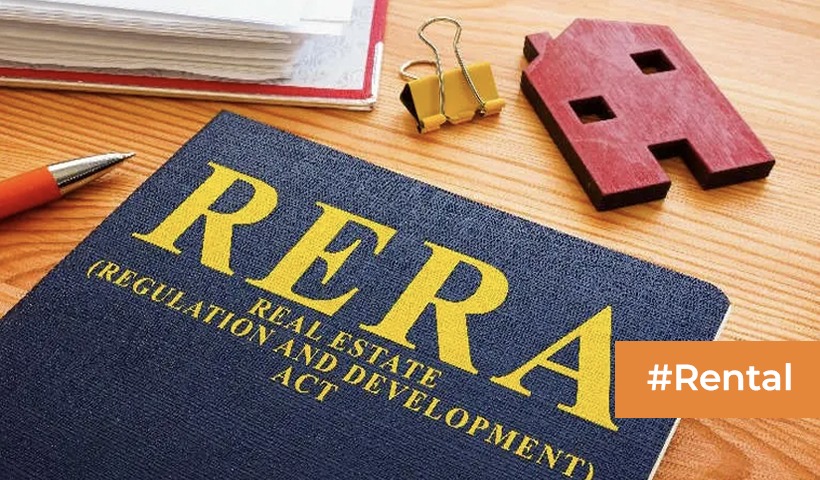All About Mutation Of Property and Why it is Important!
The mutation is one of the multiple legal processes that new buyers need to follow to get ownership of their home or property.
Mutation of a property, also known as “Dakhil Kharij” in Hindi, is the transfer of title of ownership from one person to another in the revenue records of local municipal authority. Mutation becomes very essential for deciding the tax liability when the property owner is changed. In this post, we will understand its Meaning, Types of Mutation along the application process of mutation of property.
Two Types Of Mutation Of Property
Mutation of Agricultural Land
You cannot pass the land title of agricultural land to the new owner if the mutation process is not completed. The mutation and the owner’s name should be entered in the local revenue records. In the case of acquisition of land by the Government, the compensation is provided to only those individuals whose names are registered in the revenue records.
Mutation of Non-agricultural lands
In the case of non-agricultural lands such as independent houses, flats or residential plots, a failure to mutate does not take away the right in the sale agreement. This implies that the purchaser’s title will not be affected, and they will remain the owner of the property. If the owner fails to mutate in these structures, they will not receive electricity, water etc.
Application Process For Mutation Of Property
Before applying for mutation, it is important to have the necessary documentation in place. The documents can vary from state to state. Request for the change in official records is made through an application form with a court fee stamp. The form must be duly filled, signed and submitted to the Commissioner of the Revenue Department along with the documents given below.
Documents required to be furnished
- The latest receipt of property tax payment.
- An indemnity bond on stamp paper of requisite value.
- A no-objection certificate from the housing society.
- An attested copy of the sale deed.
- An affidavit on stamp paper of requisite value, attested by the notary.
Documents required to incase of inherited property
- A copy of the succession certificate, will or death certificate of the titleholder.
- An indemnity bond on stamp paper of appropriate value.
- Latest receipt of property tax payment.
- An affidavit on stamp paper of appropriate value, attested by the notary.
Documents required for property purchased through power of attorney (POA)
- A copy of Power of Attorney
- Receipt of payment registered with the sub-registrar.
- A copy of the will.
- An indemnity bond on stamp paper of appropriate value.
- Latest receipt of property tax payment.
- An affidavit on stamp paper of appropriate value, attested by the notary.
Once all the required documents are submitted, the local revenue inspector will verify the documents and may inspect the property, after which; the application will be processed. The process takes 15 days to a month, after which a mutation certificate is issued. The local body may charge a nominal fee, depending on the state.
Frequently Asked Questions (FAQs)
- How to Apply for Mutation of Property Online?
In states like Bihar, the process can be done online by logging on to the website. So, to apply for mutation online & check prior records, you should log on to the official portal. Other states like West Bengal have also launched the setup to make the process accessible online.
- In what situations does the need for the mutation of property occur?
In the following cases, there is a need to go for the process for mutation of property. When the purchase of a property takes place when possession of a property is acquired through inheritance, When someone receives property through a gift deed or will or When someone, through a power of attorney, purchases a property.
Summing Up!
A property-buying process consists of many important steps. Mutation of property is a legal process that is compulsory for anyone who purchases property or land. Without following every step, the buyer may have problems obtaining complete legal ownership of the said property. So, make sure you do it too!
Disclaimer: The views expressed above are for informational purposes only based on industry reports and related news stories. PropertyPistol does not guarantee the accuracy, completeness, or reliability of the information and shall not be held responsible for any action taken based on the published information.




